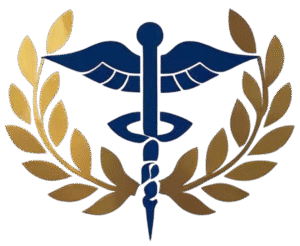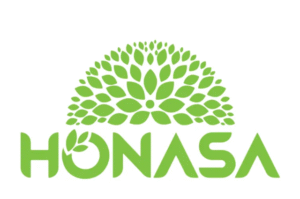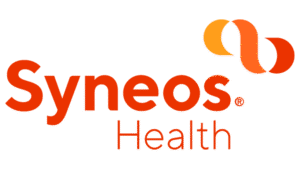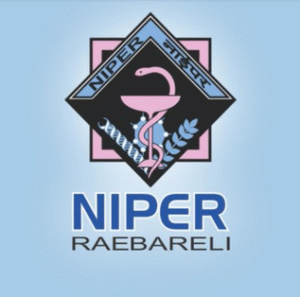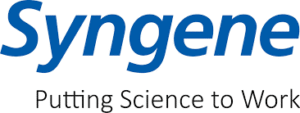AboutEli Lilly and Company
Eli Lilly and Company (Lilly) is one of the world’s largest pharmaceutical firms, headquartered in Indianapolis, Indiana, USA. Founded in 1876 by Colonel Eli Lilly, a chemist and Civil War veteran, the company has grown from a small lab into a global healthcare leader. Its founding vision was to provide high-quality, science-based medicines at a time when the market was dominated by untested “patent cures.”
A pioneer in modern pharmaceuticals, Lilly became the first company to mass-produce insulin in 1923, transforming diabetes care. It later played a role in producing the polio vaccine and introduced blockbuster psychiatric drugs such as Prozac, Cymbalta, and Zyprexa. Today, it is best known for its diabetes and obesity portfolio, including Humalog, Trulicity, and the breakthrough GLP-1 therapies Mounjaro and Zepbound, which have fueled record growth.
Lilly operates through key business segments: Diabetes & Metabolic Care, Oncology, Immunology, and Neuroscience. Its oncology portfolio includes Verzenio and Cyramza, while its immunology products like Taltz and Olumiant treat autoimmune conditions. Neuroscience remains a focus with an active Alzheimer’s pipeline.
The company invests heavily in R&D, spending over $7 billion annually, with research centers across the U.S., Europe, and Asia. Lilly employs more than 47,000 people and markets its medicines in 125+ countries, with the U.S. as its largest market.
Financially, Lilly reported revenues of $45.04 billion in 2024 and a market capitalization of around $842 billion, making it the most valuable drugmaker globally and close to a $1 trillion valuation.
Beyond business, Lilly emphasizes sustainability and social impact. It aims to expand access to medicines for 30 million underserved patients annually by 2030, invests in renewable energy, and supports community initiatives through the Eli Lilly Foundation.
CEO David A. Ricks, who has led since 2017, champions a culture of innovation with compassion, balancing scientific excellence with patient access.
History & Vision of Eli Lilly and Company
Eli Lilly and Company was founded in 1876 by Colonel Eli Lilly, a chemist and U.S. Civil War veteran, with the vision of producing scientifically tested, high-quality medicines at a time when unproven remedies dominated the market. From its early days, the company stood out for innovation, introducing gelatin-coated pills and standardized dosages. Lilly made history by becoming the first to mass-produce insulin in 1923, revolutionizing diabetes treatment. It later contributed to the polio vaccine and introduced landmark drugs like Prozac. Today, its vision remains rooted in improving lives through breakthrough therapies with compassion and accessibility.
Global Presence
Eli Lilly has grown into a truly global pharmaceutical leader, with a presence in over 125 countries and operations spanning North America, Europe, Asia, and Latin America. The company employs more than 47,000 people worldwide, supported by manufacturing plants and research centers in about 18 strategic locations across the U.S., Ireland, Spain, China, and other regions.
The United States remains Lilly’s largest market, contributing the majority of its revenues, particularly from its diabetes and obesity portfolio. Europe and Japan are also strongholds, while emerging markets in China, India, and Latin America are rapidly expanding due to growing healthcare needs and rising demand for innovative medicines.
Lilly is recognized for its leadership in diabetes care, where it faces high global demand for drugs like Mounjaro and Zepbound. Its oncology and immunology pipelines are also marketed extensively across developed and emerging economies.
Beyond commercial growth, Lilly emphasizes equitable healthcare access worldwide. The company has pledged to reach 30 million underserved patients annually by 2030, focusing on regions with limited access to advanced treatments. This global reach, backed by strong supply chains, partnerships, and local investments, cements Lilly’s role as a frontline innovator in global healthcare delivery.

